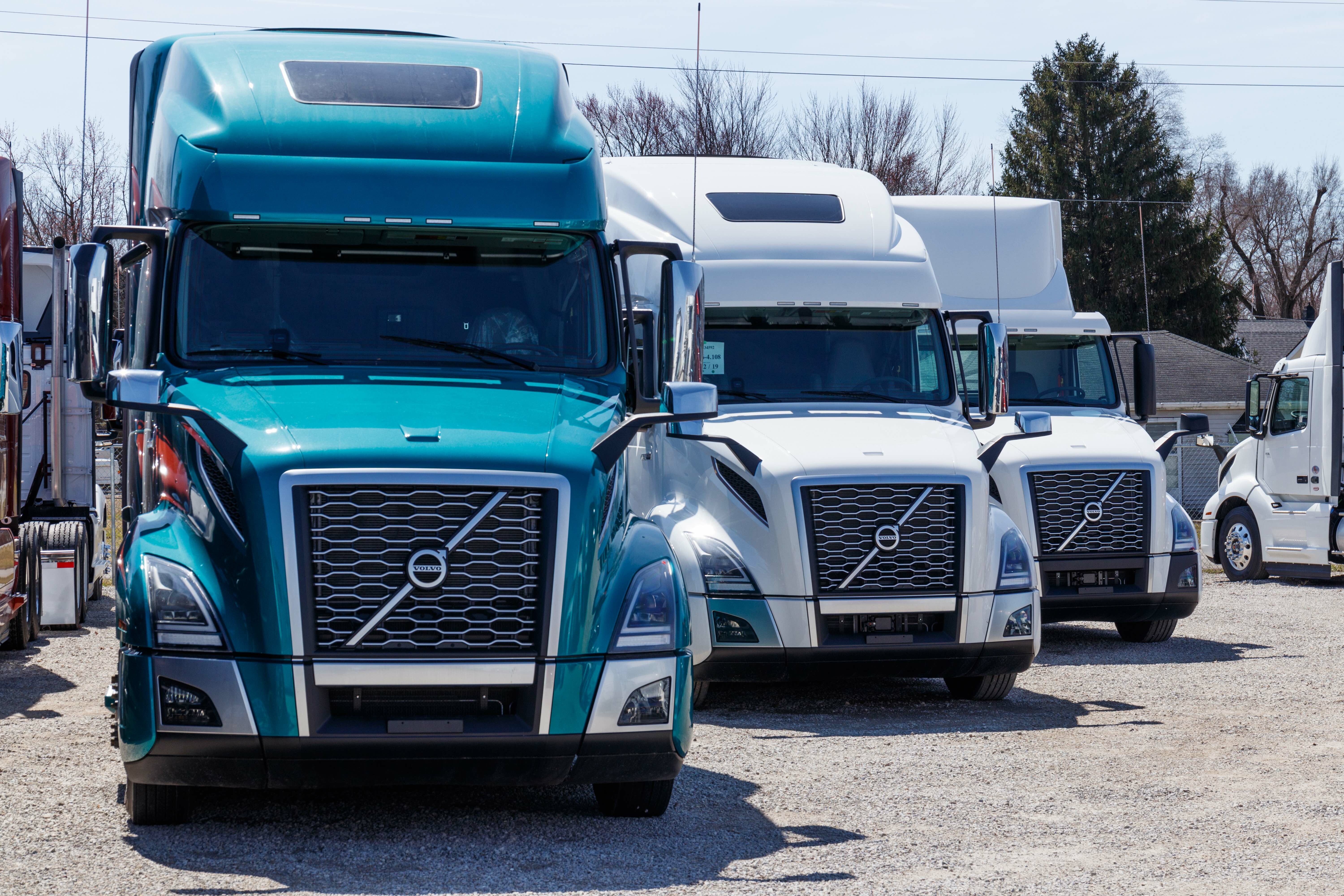$89.6M verdict against Werner Enterprises for Texas fatal crash
May 27, 2018 in NewsThe jury in Harris County, Texas made its choice on the tragic events of the Texas fatal crash from 2014, this week. The final verdict is $89.6 million. Werner will appeal the record verdict.

The incident took place in the late 2014, when in wintry conditions, a collision near Odessa in West Texas took the life of 7-year-old Zack Blake. His 12-year-old sister suffered a brain injury that left her a quadriplegic. Jennifer Blake – the children’s mother and her older son were left with serious injuries. The lawsuit claims that Werner disregarded safety policies during a winter storm that produced freezing rain.
The Werner driver was westbound on Interstate 20. The driver of the family’s pickup truck lost control on the vehicle, went through the grassy median and ended up directly into the path of the Werner unit. Because of the weather conditions, the pickup truck had turned around and the Werner truck hit the family’s car in its rear, causing the fatal crash.
A Werner official spoke to Freightwaves claiming it was by far the biggest judgement that the company has ever had against it. Werner's primary post-verdict statement on the jury's action came in an 8-K filing with the Securities & Exchange Commission, filed when a company has a material event that could affect its financial conditions. According to the 8-K, the maximum liability of Werner for the accident is $10 million along with "premium-based coverage above this amount." The $10 million will be accrued in Werner’s earning from the second quarter.
According to the company’s spokesman, Werner’s driver was traveling below the speed limit, did not lose control of the vehicle and the tractor-trailer, and brought the truck to a controlled stop after the collision. This is why the investigating officers placed no blame on the Werner driver and he did not receive a citation.
However, the recap of Penn Law Firm - one of the two law firms representing the plaintiffs, paints a very different picture of the accident, and more specifically – of the conditions leading to the fatal crash. Apparently, there were different views about whether the roads were icy or not. In any case, the roads were not great, but the two stories are very different when it comes to who lost control on their vehicle.
Witnesses from Werner testified that the company did not allow the driver (who was a student) to access to the basic safety equipment (outside temperature gauge or the CB radio), which could and should have alerted the driver to the dangerous road conditions at the time. The bad weather and road conditions were not properly communicated to the Werner driver, which caused him to average over 60 mph, unsupervised, in icy conditions, because his load was JIT (Just-In-Time).
No matter the two sided story, the lack of concrete proofs backing any of them, and the two very different stories regarding the conditions and the road situation prior to the collision, the Texas jury sided with the plaintiffs.



